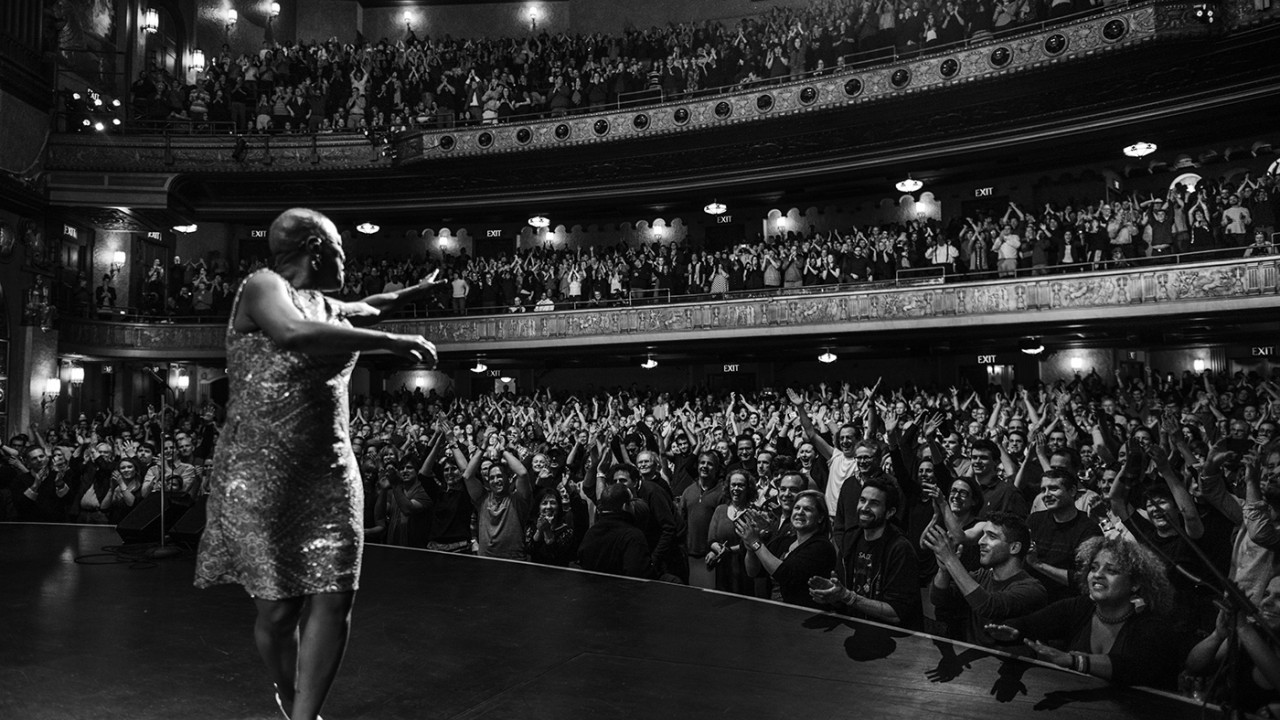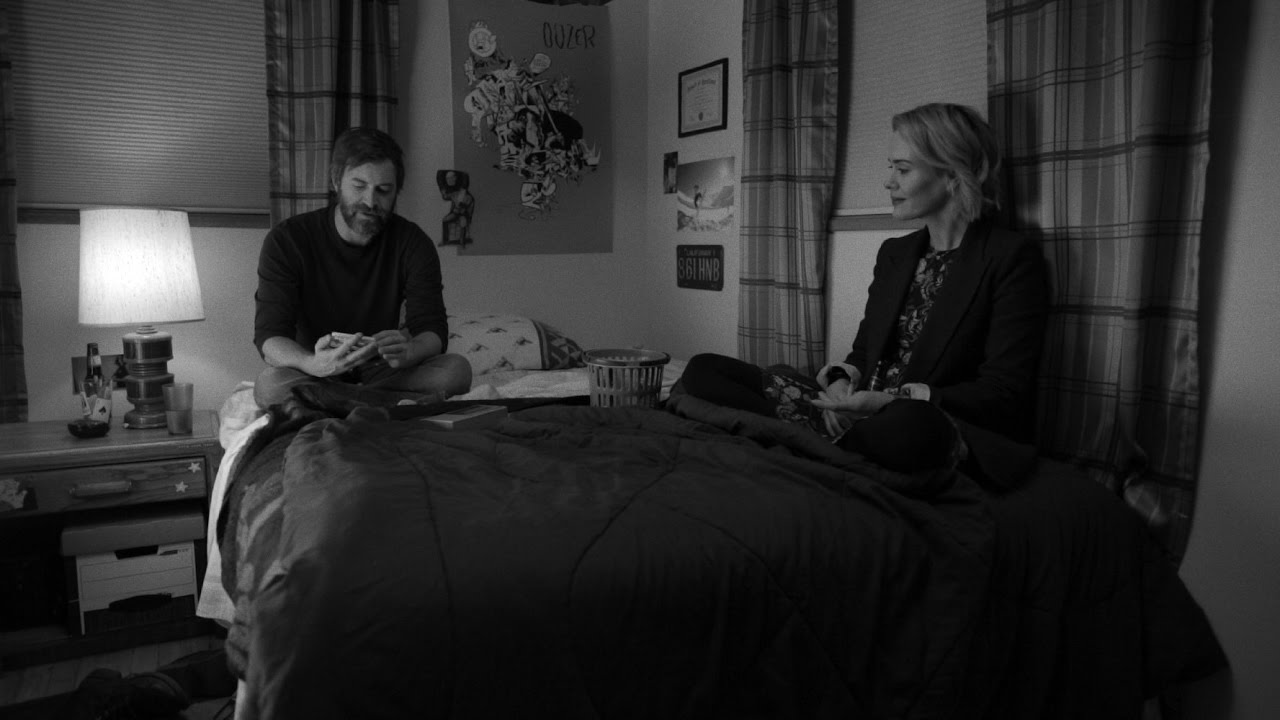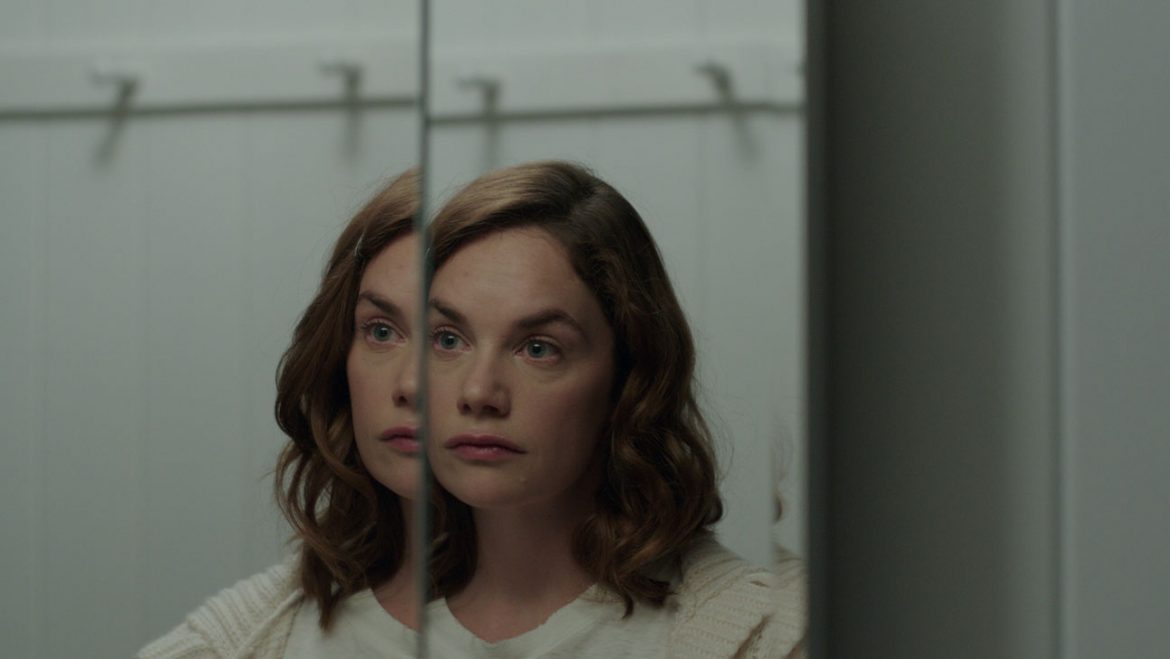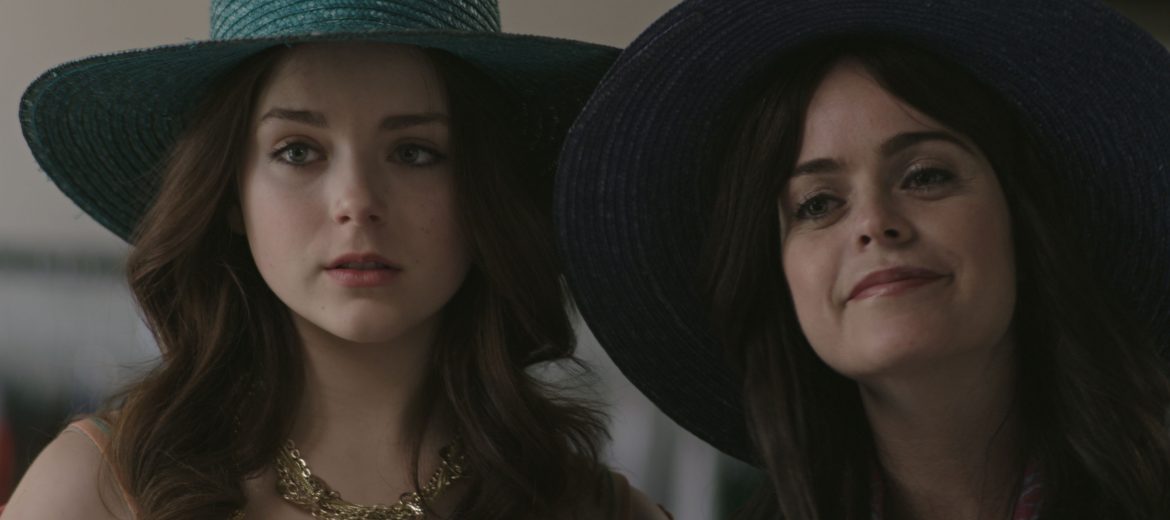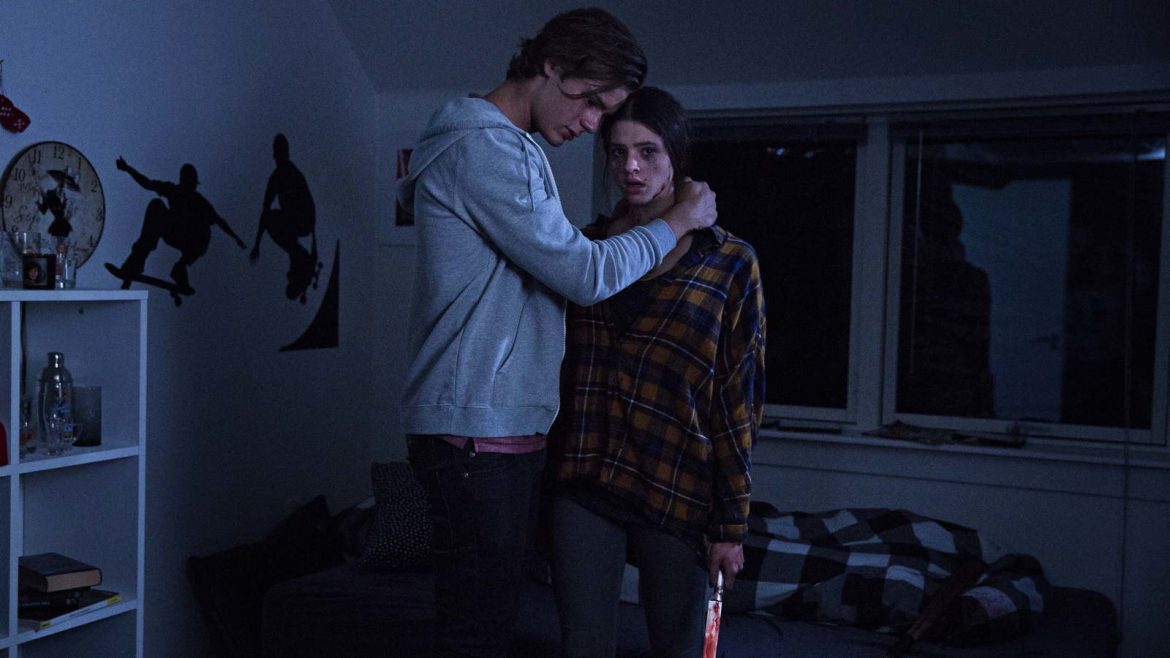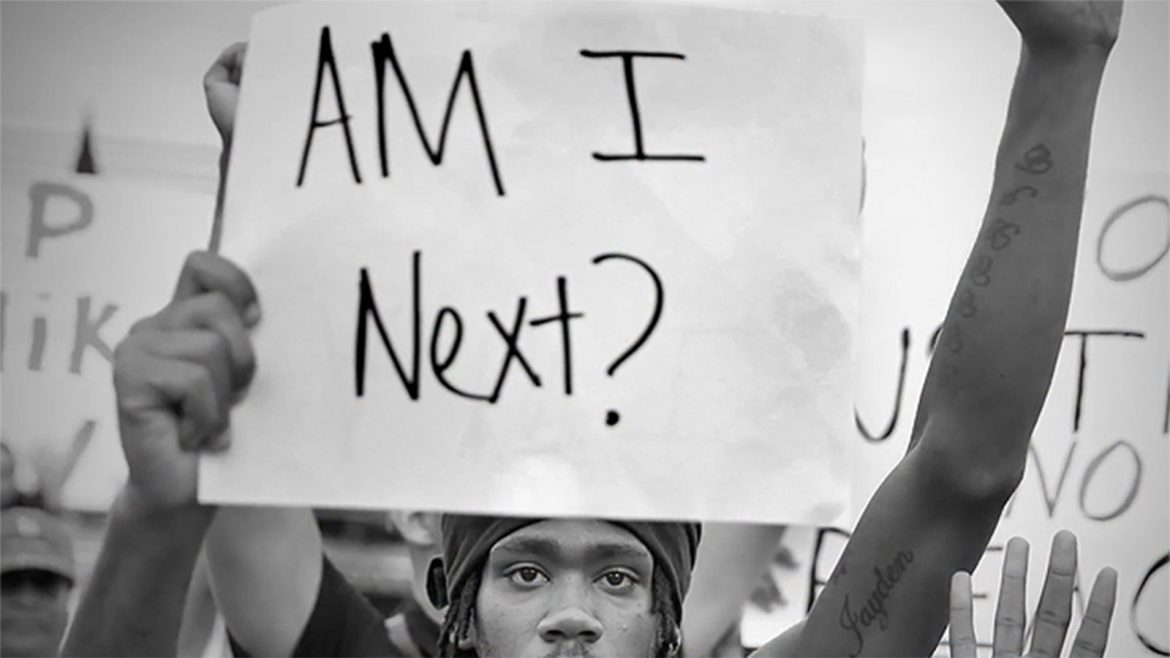The late Sharon Jones — genius, honest-to-God lovely person — died too soon. Referred to as “the female James Brown” because of her stage energy and chops, she and the Dap-Kings built up a fervent fan base the old-fashioned way: by playing electrifying shows and putting out records (on vinyl!).
New on Netflix
As an empathetic portrait of contemporary Bedouin life, Elite Zexer‘s Sand Storm is a standout success, immersing us in the push and pull of tradition and modernity. As a familial melodrama, and a complicated narrative without villains, it’s even better.
For the near-entirety of its 80 minute running time, Blue Jay is a resolutely understated affair, more interested in partially-concealed longing and lingering, unspoken hurt than emotional fireworks.
Alex Lehman‘s character study comes pretty close to blowing this tone in its final moments, as we’re treated to outbursts we didn’t ask for and the film doesn’t need, but up until that point, it’s a lovely portrait of two people navigating their shared pasts and conflicted presents.
The tradition of updating Rudyard Kipling’s classic The Jungle Book every 25 years or so continued in 2016, with Jon Favreau’s very beautiful, decidedly dark and tense take on the story, new to Netflix this week. Although Bill Murray gets some laughs as Baloo and belts out “Bare Necessities”, this Jungle Book mostly finds the young Mowgli in crouched peril or running for his life, which allows for lots of impressive set-pieces but also begs the question who this thing is supposed to be for.
Is 5 days before the blessed end to one of the objectively grossest, most cynical elections in American history the best time to revisit Tim Robbins’ equally cynical 1992 satire Bob Roberts? As it’s new to streaming this week, Netflix apparently thinks so.
At one point in the spectacularly creepy, evocatively-titled I Am The Pretty Thing That Lives Inside The House, our narrator tells us, “We make our own ghosts by looking, but pretending not to see.” It’s not exactly a skeleton key to the film’s meaning and approach, but it resonates throughout.
A Light Beneath Their Feet, the sophomore feature from director Valerie Weiss and first-time screenwriter Moira McMahon, could have been disastrously cliched, and at certain moments threatens to veer into Lifetime movie territory. Instead, the film proves emotionally resonant and honest, buoyed by two empathetic central performances and a nuanced approach to familiar beats.
There is, generally speaking, no more appropriate time for a zombie movie than October, and the Danish What We Become, new to Netflix this week, is a worthy genre entry.
Writer/director Bo Mikkelsen borrows liberally from sources both past and current — “The Walking Dead” is an obvious contemporary comparison, even as What We Become draws on paranoid pandemic classics from Day of the Dead to 28 Days Later — but fashions something unique.
Some films simply arrive at the exact right moment. Whether through canny decisions on distribution and release, real-world events outside the producers’ control, or some other happenstance collision of histories, a cultural product arrives that is both inevitable and sorely needed.
After the recent acclaim of Boyhood and the lovely triumph that is the Before Trilogy, it’s hard to imagine a modern American cinema without Richard Linklater. But when Dazed and Confused appeared on the screen in 1993, it came as a surprise, a fresh voice and a gentle, throwback approach to the “hangout movie” that resonated with fans of stoner comedies and wistful nostalgia alike.

